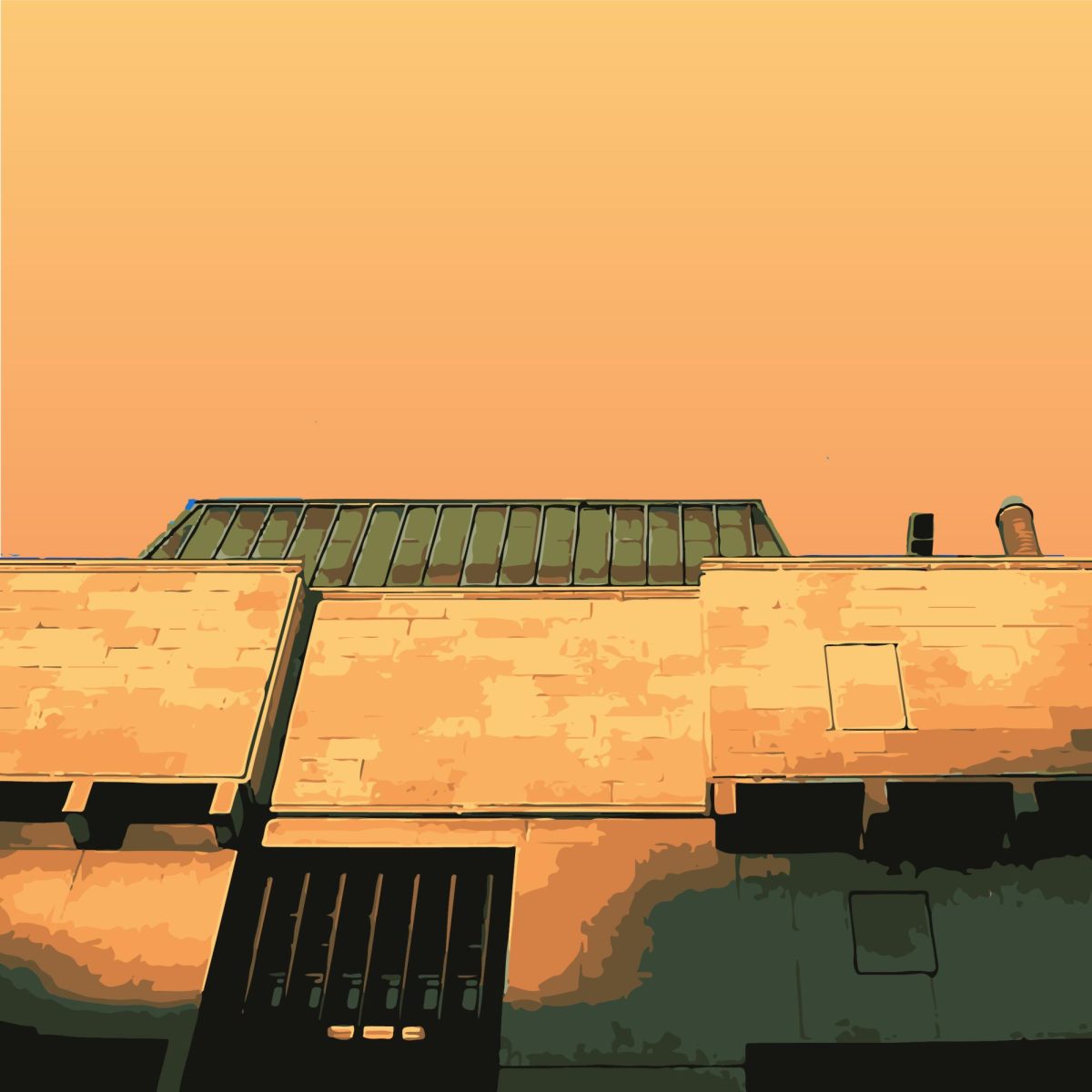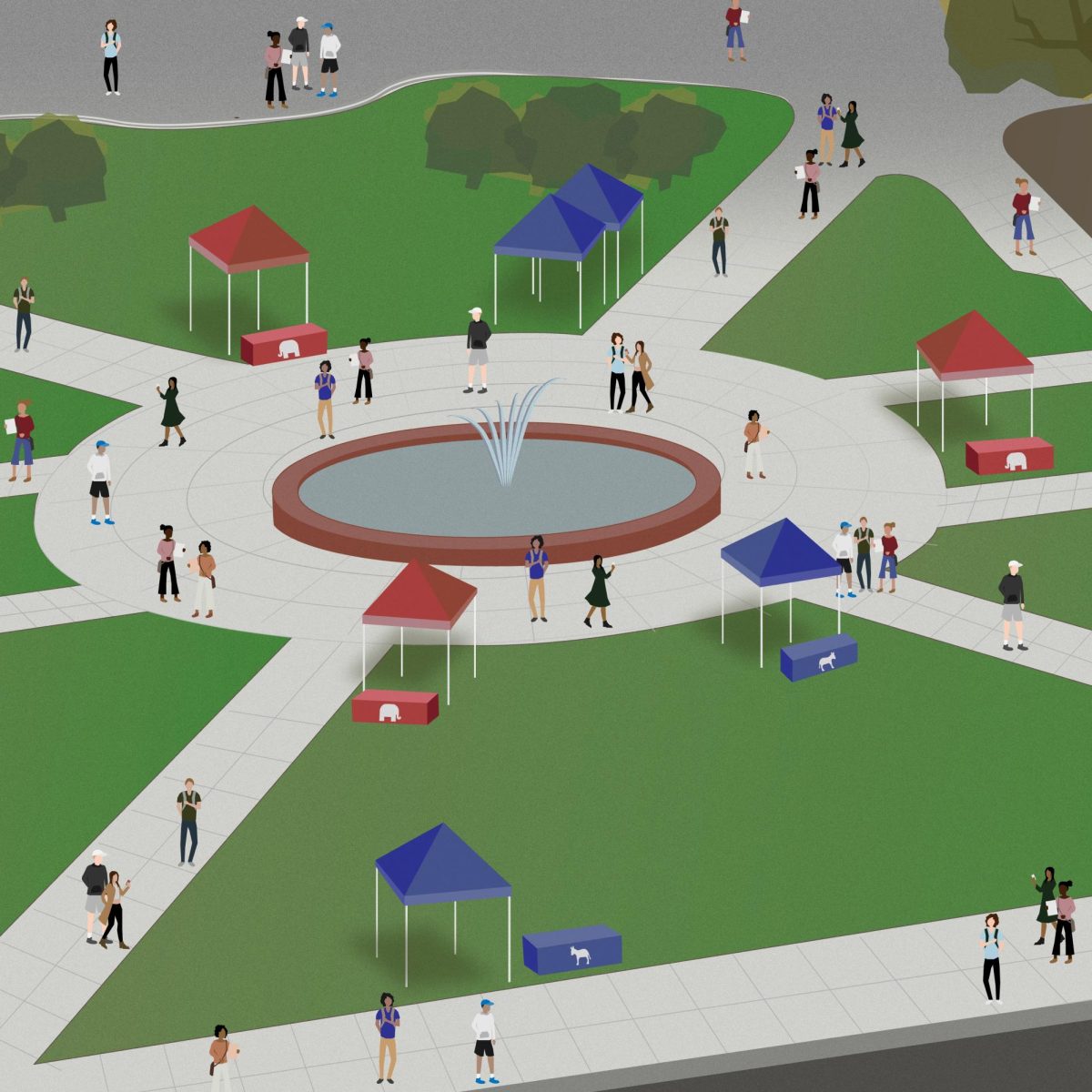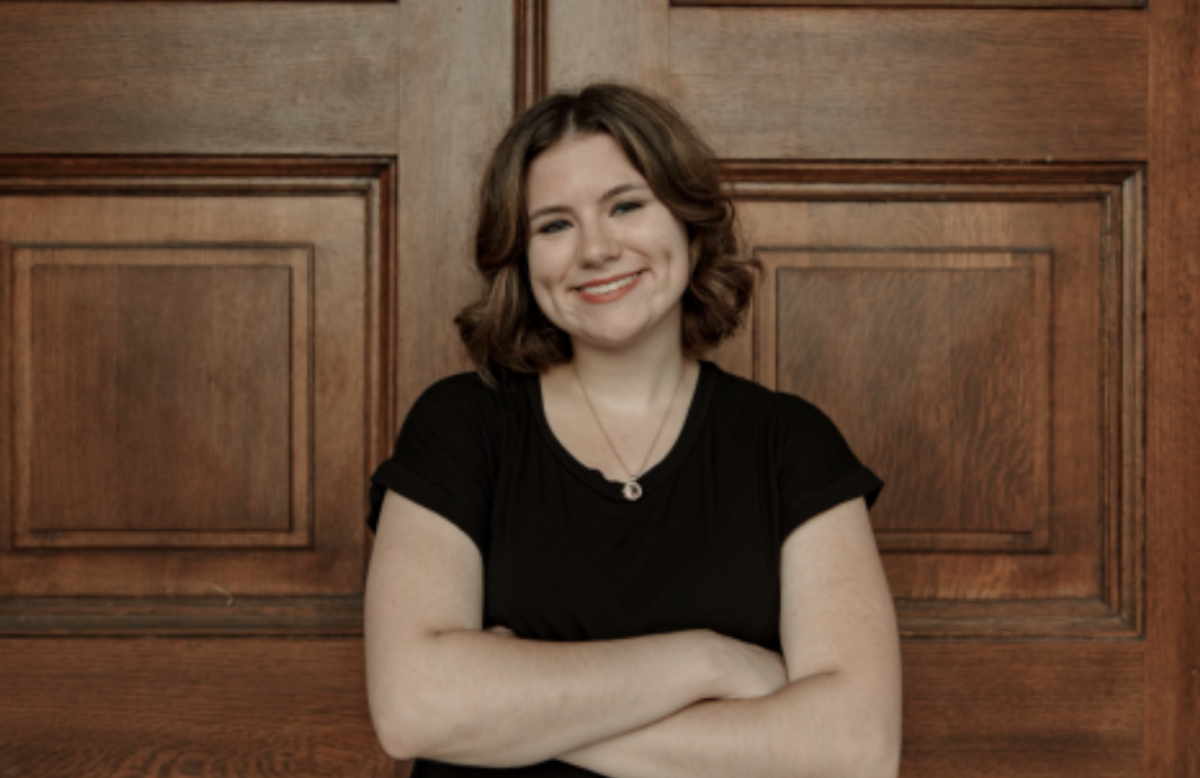Students looking to take “going green” to the next level got an opportunity to live in an environmentally conscious Residential Learning Community in Cole Residence Hall this fall.
The GreenHouse program promotes sustainability efforts through academic programs and out-of-classroom experiences, according to sociology professor and GreenHouse faculty director Jack Kloppenburg.
“What we challenge the students to explore… is what does sustainability mean to you and how do you enact it in your own life,” Kloppenburg said.
To introduce students to sustainability measures, the program offers a series of one-credit seminars taught by UW faculty and staff. The seminars focus on a variety of sustainability issues, including sustainable building design, limnology and lakes.
The GreenHouse, as well as the six other RLCs on campus, received increased support this year by means of funding from the Madison Initiative for Undergraduates.
According to Associate Director of University Housing Cal Bergman, the funding provided enough money to hire a faculty director and a part-time program coordinator for each community. GreenHouse receives about $45,000 of the funding, Bergman said.
Bergman added RLCs are funded from MIU funds, student participant fees, University Housing and UW Colleges co-sponsoring the communities.
Bergman said the community, like other RLCs, helps students transition from high school to college, provides connections to UW staff and provides educational resources and beneficial outcomes in academics.
“I think the really great opportunity that GreenHouse students have is that they have a more intentional orientation to the range and landscape of opportunities on campus,” Bergman said.
The MIU funds also support three GreenHouse interns, specializing in environmental justice, food and communications. He added the program hopes to expand in the future to include a filled dormitory.
Food is also a major dimension of sustainability lessons, Kloppenburg said. The program arranges meals to prompt discussions on global environmental issues, and invites chefs from local Madison restaurants.
“Especially for incoming freshmen who aren’t accustomed to the scale of UW, it provides them direct contact with the community of students,” Kloppenburg said. “And it provides them with more intimate contact with faculty and staff than they might otherwise get.”


















